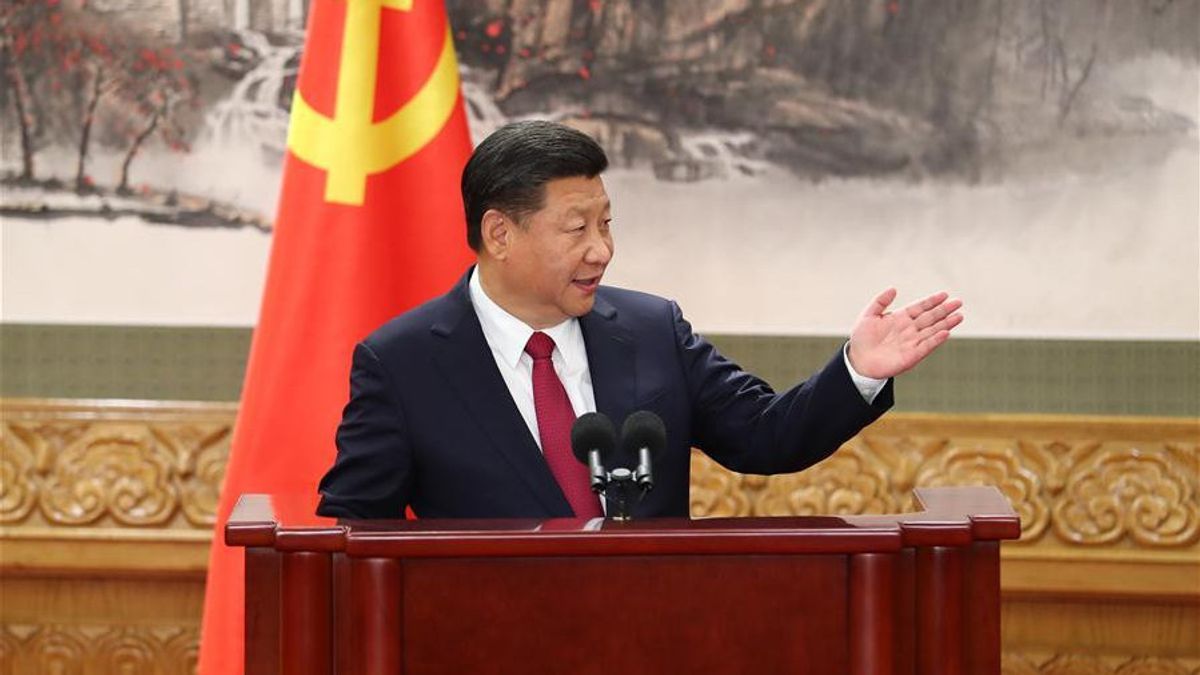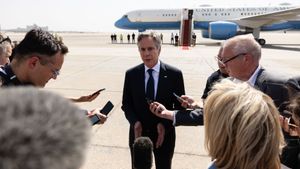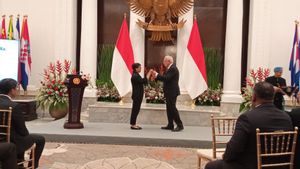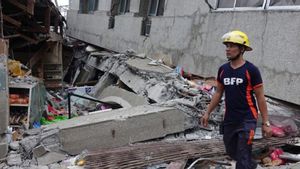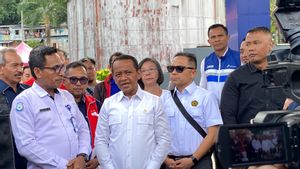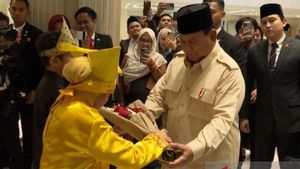JAKARTA - President Xi Jinping said China has always considered Vietnam a priority, after the two countries signed 14 cooperation documents, from cross-border railway lines to crocodile exports on Monday, when he received Vietnam's President To Lam in Beijing.
President Lam's visit to Beijing, his first overseas trip since he was appointed chairman of the party earlier this month, signifies the desire between the two neighboring countries to strengthen relations, as trade and investment escalate, despite clashes over regional borders in the South China Sea occasionally.
"China has always considered Vietnam a priority in its neighboring diplomacy, and supported Vietnam in complying with the leadership of the Party, taking a socialist path according to its national conditions, and deepening the goals of reform and socialist modernization," President Xi said, underlining good employment and personal friendship with President Lam.
President Lam himself described the bilateral relationship as "a major priority in Vietnam's foreign policy" and called his trip to China a "citement of the Party and the Vietnamese Government to respect relations with China".
The two countries signed documents on planning and feasibility studies for standard rail routes, which appears to be a new step towards improving the cross-border rail network, after an initial agreement on the matter was signed during President Xi's state visit to Hanoi in December.
At the time, the two countries said they would work on cross-border rail connectivity, citing three projects that included one project linking through the Lao Cai mountains in northwestern Vietnam to the port city of Haiphong and one potential project connecting Shenzhen in China to Haiphong.
Vietnamese officials said the rail network would be the main agenda when top leaders meet.
The two countries are connected by two railway lines from southern China to the industrial center and the capital of Vietnam in the north, Hanoi. However, Vietnam's infrastructure has existed since the French colonial era and has a different size from China's high-speed trains, which forced passengers and goods to exchange trains at the border.
The increase in railway lines on the Vietnamese side can increase trade and investment, as more and more Chinese manufacturers have moved several export-oriented operations to Vietnam amid trade tensions between China and the United States.
Other signed documents include cooperation between central banks, media, health, as well as quarantine and inspection of coconuts, crocodiles, and durians.
Following the signing, President Xi and President Lam resumed talks on important issues of mutual concern while drinking tea in a friendly and friendly atmosphere, China's official media Xinhua said.
The two countries will issue a joint declaration to further strengthen their strategic partnerships, Xinhua said.
SEE ALSO:
President Lam arrived in China via Guangzhou Province on Sunday, on a three-day visit that would include a meeting with Prime Minister Li Qiang and other top Chinese officials.
While in Guangzhou, he visited several locations where former President Ho Chi Minh carried out revolutionary activities.
It is known that China and Vietnam established diplomatic relations in 1950 and established a comprehensive strategic partnership of cooperation in 2008, which was strengthened five years later to expand to more international and regional issues of common concern.
The English, Chinese, Japanese, Arabic, and French versions are automatically generated by the AI. So there may still be inaccuracies in translating, please always see Indonesian as our main language. (system supported by DigitalSiber.id)
